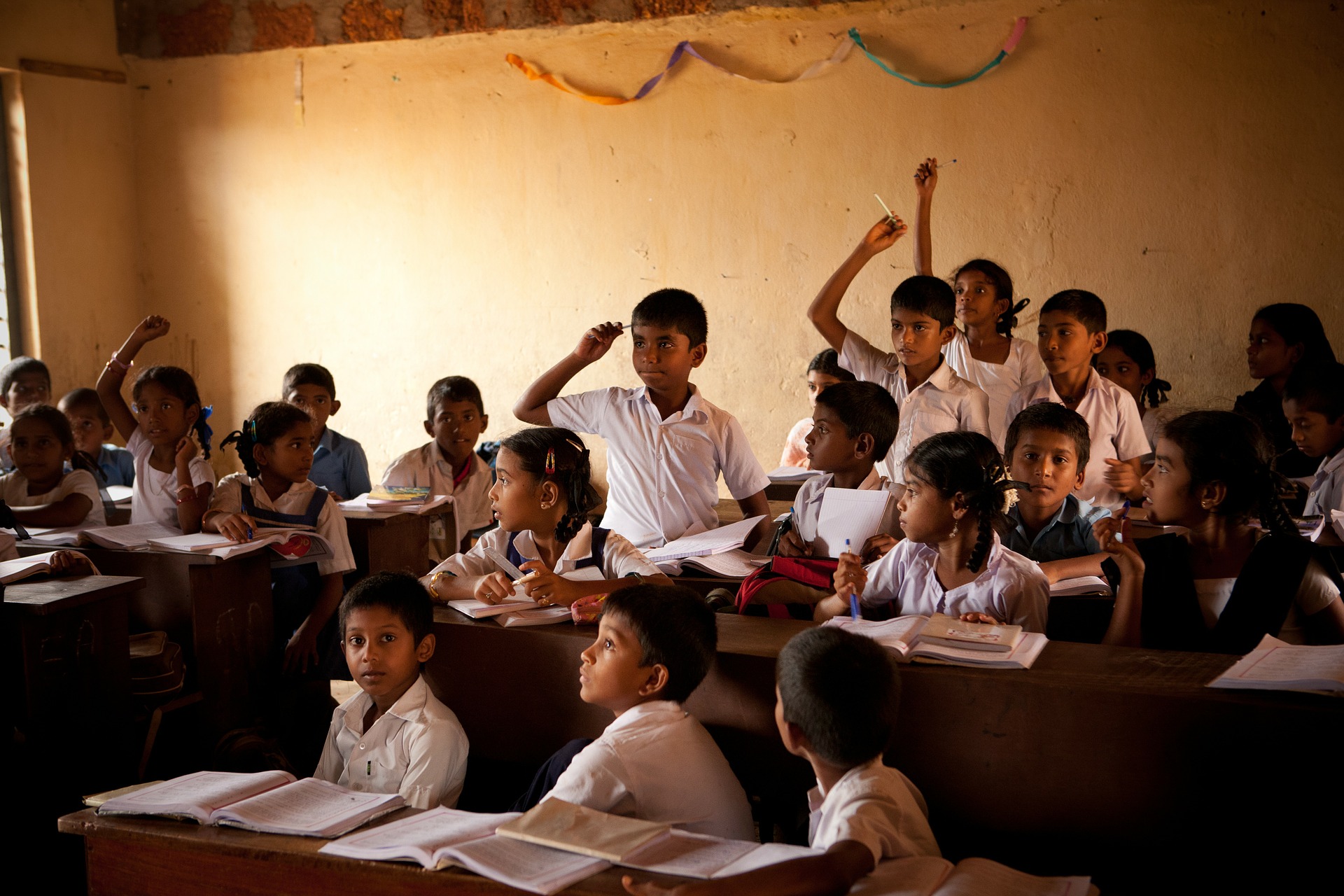Fighting for the Disabled: Ending Ableism in India

In a country like India where social standing plays a significant role, being disabled means facing severe discrimination. Over 40-60 million Indian citizens are classified as disabled. In some cases, disabled children are shut away from the judgmental phenomenon of society. Others are left to fend for themselves as beggars on the streets. Even the slightly more fortunate ones, who do have full support from their families, are faced with stigma. Normal milestones in life such as marriage and education become a near impossibility. Shanti Auluck, whose son has Down’s Syndrome, commented on how others regard her son.
There was this feeling that somehow he might have a negative impact on them, that he might rub off on them. There’s a lot of ignorance about disability.
A Possible Solution
Historically, some solutions have been presented to cope with the issue. India’s Disability Acts of 1995 included measures to accommodate special schooling needs for children with disabilities. However, many older bills failed to include all categories of disabilities. People with mental disorders such as Autism were excluded from the bill’s provisions.
Last month however, a new bill was introduced. If it passes, millions of people who were previously ineligible for government benefits would now begin receiving aid from the government. Aid would occur in a wide array of areas, including giving the disabled the right to hold a job. Even more importantly, the bill would ensure all disabled children receive a proper education.
The Controversy
Despite the seemingly numerous benefits of the bill, many protests have been going on, headed by some of India’s predominant disability activist groups. The Chief Commissioner for Persons with Disabilities refused to condone the bill, claiming it failed to comply with the UN standards.
1. The bill is in the form of an ordinance and this means that until earlier disability acts are revoked, the bill cannot go into effect.
2. The amount of concessions that were required to gain necessary support for the bill is problematic. Basic conveniences such as accessibility from the private sector, access to transport, and access to social security are less strictly monitored.
3. Furthermore, the bill fails to revoke previous bills that legitimized discrimination. Laws that deny legal support and allow for involuntary institutionalization would be held in place. In order to create a truly effective solution, the bill cannot allow any room for “compromise.”
While the bill is far from a perfect solution to ableism in India, it shows that the overall mentality is shifting in the right direction. The bill provides a good starting point in providing equal access to education and the job market for people classified as disabled. It also benefits those who were previously unable to benefit from government support. While disruptions and controversy in Congress will continue to be a problem, the issue cannot be laid to rest. More work should be done to ensure differently abled persons can enjoy the same benefits and opportunities as the rest of the country. It will take a comprehensive bill free from compromise in order to undo the damage inflicted on the disabled in Indian society.
[Image Attribute: Andreas Metz]



